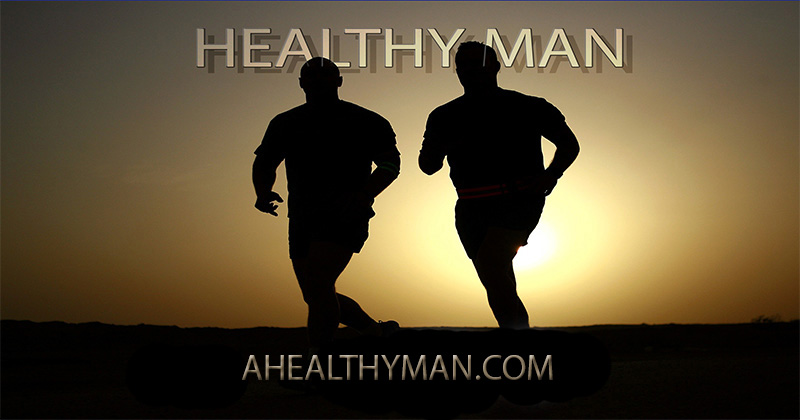Who needs vegetable protein?
Even striving for a balanced diet, being even a vegetarian, even a meat eater, many people face a deficiency of protein – the “building material” in the body.

Then vegetable protein comes to the rescue – as a nutritional supplement to food, designed to make up for the lack of protein and useful trace elements. You can learn more here.
Why include vegetable protein in the diet?
Vegetable proteins contain amino acids necessary for the body, thereby allowing you to enrich a vegetarian, vegan and raw food diet.
Athletes should also pay attention to vegetable protein – it promotes the growth and maintenance of muscle mass, is easily digested, maintains a feeling of satiety and vigor during training.
This protein is suitable for people with lactose intolerance, who will find a substitute for whey protein in it. Additional protein supplementation is also necessary for the elderly and all those who honestly realize that they do not eat so much protein food.
We have considered several types of vegetable protein that do not cause allergies, but differ from each other in the composition of nutrients and taste qualities.
Hemp protein
It is perfectly absorbed, overtaking soy protein in this indicator. Hemp seed powder gives a feeling of satiety, contains 21 amino acids, including 9 essential, and valuable trace elements such as zinc, iron, calcium, magnesium, potassium and others. It is rich in fiber and antioxidants, improves digestion, blood circulation and metabolism, eliminates constipation, reduces the risk of cardiovascular diseases and does not cause allergies.
What does it taste like? The taste of the protein is nutty, pleasant, reminiscent of not sweet halva. This powder has a herbal aroma and a greenish color.
How to apply? To prepare a sports cocktail, simply dilute 1-2 tablespoons (30g) with water.
Nutritional value: Protein: 47 g, Fat: 11 g, Carbohydrates: 10 g. Total 314 kcal
